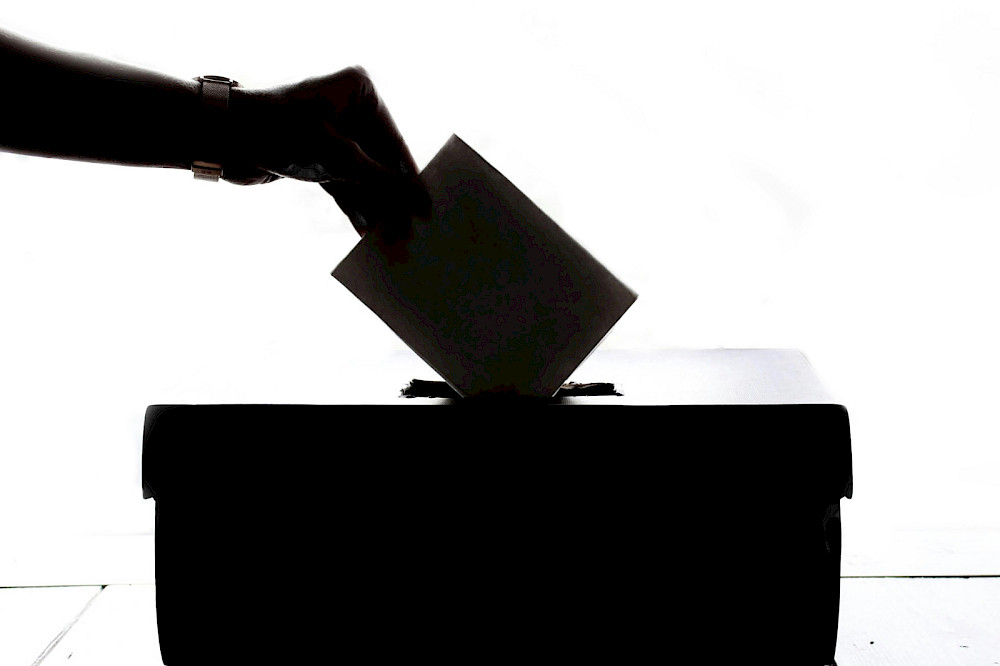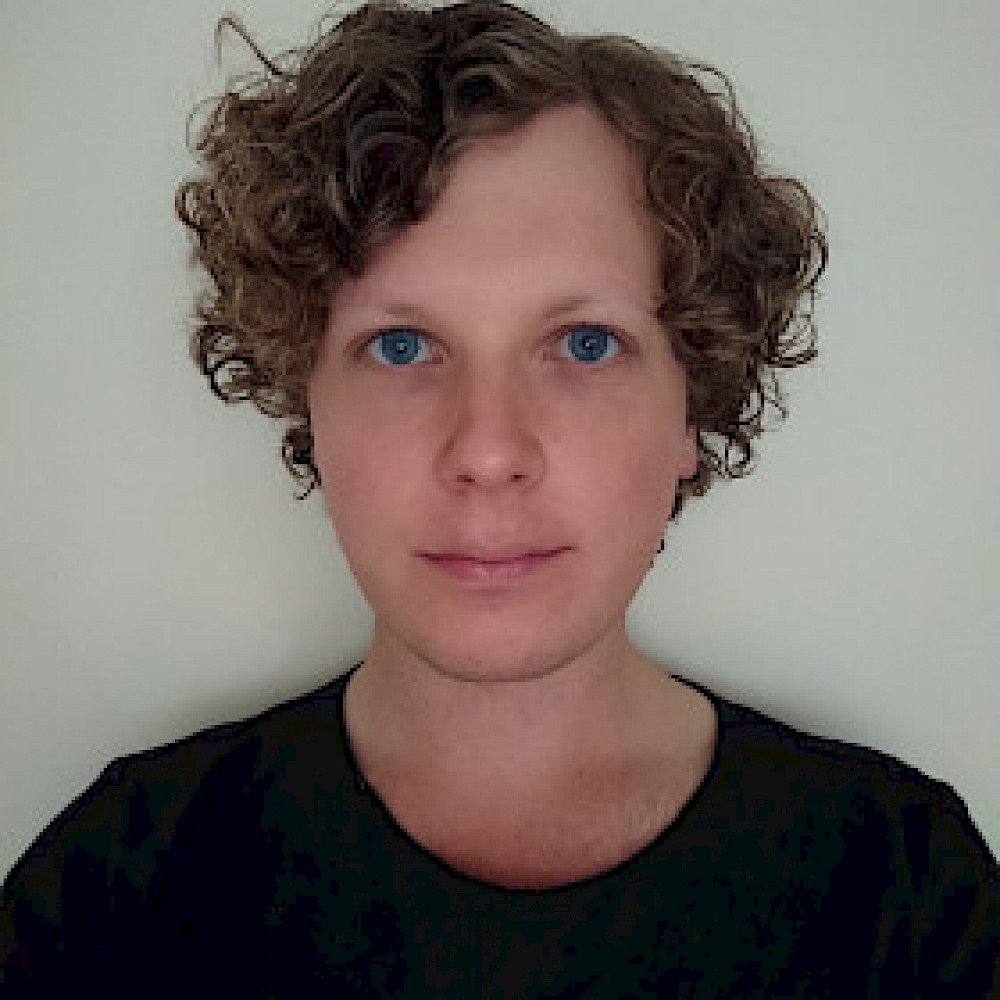As part of a series with EDMO Ireland on the European and local elections, Dr Shane Murphy profiles the parties running on an anti-immigration platform and considers the nature of anti-immigration rhetoric.
A recent poll conducted by The Journal and Ireland Thinks has found that “Independents and Others” have surpassed Sinn Fein as the number one choice for voters ahead of next month’s local and European elections. Perhaps even more notable is the speed with which their popularity is expanding, having grown from 17% last month to 24%. The parties classified as “other” are Independent Ireland, Rabharta, the Irish Freedom Party, Ireland First, and The Irish People, all of whom have formed since the last general election. With the exception of Rabharta, an eco-socialist party led by former Green Party councillor Lorna Bogue, these parties are united in their strong opposition to the government’s current immigration policies. This is unsurprising, given their origins.
Independent Ireland was formed in late 2023 by independent TDs Michael Collins and Richard O’Donoghue with the aim of attracting voters who had become dissatisfied with Fianna Fáil and Fine Gael but would not vote for Sinn Féin. With the exception of Aontú, they were the only party with Dáil representation to advocate for a No/No vote in the February referendums. The party has grown quickly, with 53 candidates running in the local elections, and three candidates running to be MEPs. The latter includes controversial radio personality Niall Boylan, who has described the government’s immigration policy as "wreckless" and raised concerns about "freeloaders" being "imported" from outside of the EU.
The Irish Freedom Party (IFP) were formed in 2018 as “The Irexit Freedom to Prosper Party”, a Eurosceptic party that quickly made a name for itself by organising demonstrations aimed at protecting free speech and opposing the housing of refugees alongside groups like The Yellow Vests and The National Party. They were also heavily involved in protests organized in opposition to lockdown measures, masking, and the introduction of vaccine passports. Today, their stated primary objective is establishing the national independence and sovereignty of Ireland, calling for a united Ireland that is independent of control from London or Brussels. They also intend to implement an "effectively controlled" immigration system that suits the interests of ordinary Irish people. The party is currently led by Hermann Kelly, a former journalist and press officer for Nigel Farage, who has said he opposes the "colonisation" of Ireland. They are running 23 candidates in local election, and three candidates for the European Elections.
The name Ireland First was initially connected to a number of social media channels whose emergence coincided with a wave of demonstrations which took place at proposed sites for asylum seeker accommodation in late 2022 into 2023. The party was established last year and is led by Derek Blighe, who has described the Irish government’s asylum system as a "massive psyop". Ireland First believe that “Citizenship is a privilege and not an entitlement” which should only be given to exceptional individuals, while advocating for the “immediate revocation of citizenship and mandatory deportation” in the event that a crime is committed by a foreign born national. The party is running 6 candidates for local elections, three of whom, Blighe, Phillip Dwyer, and Margaret Alacoque Maguire, will also be running for a seat as an MEP.
Finally, The Irish People describe themselves as a common brand drawing together likeminded candidates who would otherwise run as independents. Candidates running under this brand are not bound by party doctrine, and are permitted to vote according to their own conscience if elected. Their social media channels have shared messages raising concerns about "Ethnocide", and have argued that “the Irish Governments housing and migration policies welcomes the world”, while excluding the Irish. Some 55 candidates for local office are running under the Irish People branding, with three candidates running in the European election, including Andy Heasman and Ross Lahive, notable figures in the anti-LGBTQ+ protests which took place at a number of libraries across the country last year.
Anti-Immigrant Rhetoric
It is impossible not to notice how central the theme of immigration is to these parties, and how many candidates, particularly those running to be MEPs, have generated online followings through their involvement with anti-immigration events. Politically, running on this issue makes a lot of sense. Although polls vary, the 27 May Irish Times/Ipsos B&A Snapshot poll found that immigration is the issue Irish voters are most attentive to with 29% of respondents said that immigration was the issue they noticed the Government doing or saying something about in the past month. At the same time, other issues championed by the far right have failed to gain traction to the same extent. As previously noted, some candidates were vocal figures in the movement opposing the LGTBQ+ community, the introduction of a revised SPHE curriculum, and “Gender Ideology”. Such rhetoric was instrumental to protests where LGBTQ+ activists, teachers and librarians, were accused of being paedophiles, groomers, or at very least, complicit in the indoctrination of young children. Although obliquely referenced in some form on most of these parties’ websites, this issue has clearly taken a backseat, likely because it failed to resonate with Whereas this anti-LGBTQ+ hysteria is largely being driven by actors on the extreme right, concerns about immigration are not new to Ireland. They have recently become much more visible as a result of the various protests which have been taking place outside of proposed sites for asylum seeker accommodation and, of course, as numbers increase and the political temperature rises.
Protests are often initially organized by locals, whose opposition is ostensibly grounded in concerns about resources and infrastructure. Although it is difficult to determine the extent to which these motivations are genuine, and whether some opposition is motivated by racism, nationalism or xenophobia, it is indeed the case that complaints of government neglect were present in many of these communities long before any talk of housing immigrants. Regardless of the nature of these grievances, far right figures have been able to effectively use these demonstrations to their advantage. Although more overtly racist rhetoric surrounding the safety of women and children and concerns about "unvetted military aged men" have certainly been present, their mobilisation tactics have focused just as much on stoking anger towards the government, who they argue have failed to communicate with locals. This is not just a far right talking point, but something that has been echoed by pro-refugee counter-protesters at these events (who felt people were understandably angry, but that their anger was misdirected) and even the government themselves, who conceded that they had failed to engage sufficiently with these communities. This has allowed anti-immigration parties to deflect from allegations of racism, and instead argue that they are advocating the “real” Irish people, while those who support immigration, or have labelled demonstrators as racist, are painted as intolerant elites who are out of touch with the working class.the mainstream public to the same extent as immigration.
This populist framing has been effective in moving focus from the immigrants and the issues and conditions that have led to their migration, to the government. It is an issue of mismanagement, as a result of either incompetence or greed. This is reflected in the language used by anti-immigration parties when discussing this issue in their manifestos and policy outlines. Independent Ireland state that they will “secure Ireland's borders by enforcing our immigration laws and end profiteering by vested interests at the expense of the Irish taxpayer”, while Ireland First say they are for immigration that benefits the country, but are against "funding a welfare system for the rest of the planet”. They also call for a 10% cap on Ireland’s non-Irish population, which they say is currently exceeded as a result of "government corruption". Because they have no official party doctrine, The Irish People do not advocate any specific policy on immigration, although the Shared Principles page on their website says only that they are for “Sensible Immigration NOT Open Borders”. However, stronger rhetoric is present elsewhere on their website, where they explain that “Government immigration policies have moved heaven and earth to house those arriving while our own people are being made homeless or hopeless, with little to no chance of forming a family let alone owning their home”.
In the midst of a housing crisis, and with the cost of living also increasing, it is unsurprising that these messages have found purchase with large swathes of the population who do not feel as though the government have their interests at heart. However, it is rarely outlined how exactly Ireland’s government or individual politicians stand to benefit from the current immigration system, or why they would go to such efforts to pursue these policies. It is when articulating these ideas, that candidates are required to make a more conspiratorial leap. Vague allusions have been made to a desire to suppress the wages of Irish workers, the influence of the EU and the World Economic Forum, or the government and mainstream media’s capture by "extremist NGOs [...] pushing extreme globalist agendas". Others have gone further, invoking the Great Replacement conspiracy theory.
The Irish Freedom parties Hermann Kelly has described Ireland as a "new plantation" and stated that the Irish Government want to "kill Irish children [...] and replace them with every nationality who wants to come into our country". The Irish People similarly state that "our asylum and immigration system has been broken on purpose and we are being planted". One of the more extreme examples of this conspiratorial thinking comes from Ireland First’s Derek Blighe, who has described Russia’s invasion of Ukraine as a “fake war publicised to encourage economic migrants to come to this country and benefit from our liberal housing policy” and those it has displaced as illegal "fakeugees" .
This is just a small sample of some of the more outlandish ideas that have been promoted by party leaders or are available on official party websites. There are numerous other candidates who have previously expressed similarly fringe beliefs. In many cases however, these comments were made prior to these candidates deciding to run for office, and it appears some have begun cleaning up their social media timelines. This may reveal a tension that has emerged as a result of the new-found popularity of these parties. They have clearly benefitted from the emergence of immigration as a salient issue, and have been able to cement their place as the advocates for those who wish to take a strong stance in opposition to the government’s policies by finding populist formulations of their arguments that have mainstream appeal. However, the existing followings cultivated by Derek Blighe and Hermann Kelly, as well as prominent Irish People candidates like Andy Heasy and Ross Lahive, have come from leaning into extreme nativist rhetoric, promoting conspiracy theories, and engaging with more cultural issues, such as “wokeness”, “gender ideology”, and free speech. This is a sustainable model for a citizen journalist or activist, for whom a small die hard base from around the country, or even the world, is sufficient. When it comes to getting elected however, there is no guarantee that this popularity will translate into votes in their specific constituencies. Indeed, it is likely that many of the more moderate anti-immigration voters to whom these candidates need to appeal will find this off-putting. While Independent Ireland and The Irish Freedom Party appear to be moderating their messaging to broaden their appeal, this is a harder pivot for the candidates running in Ireland First and The Irish People, whose brands are more closely tied to this extreme rhetoric.
Related Projects

EDMO Ireland is one of fourteen hubs established as part of the European Digital Media Observatory (EDMO). Coordinated by Dr Eileen Culloty from Dublin City University (DCU), the EDMO Ireland consortium includes the DCU Institute for Future Media, Democracy and Society (FuJo), TheJournal FactCheck, NewsWhip, and the University of Sheffield. It is part-financed by the European Union to monitor and analyse disinformation; conduct factchecks and investigations; develop media literacy resources; as...



